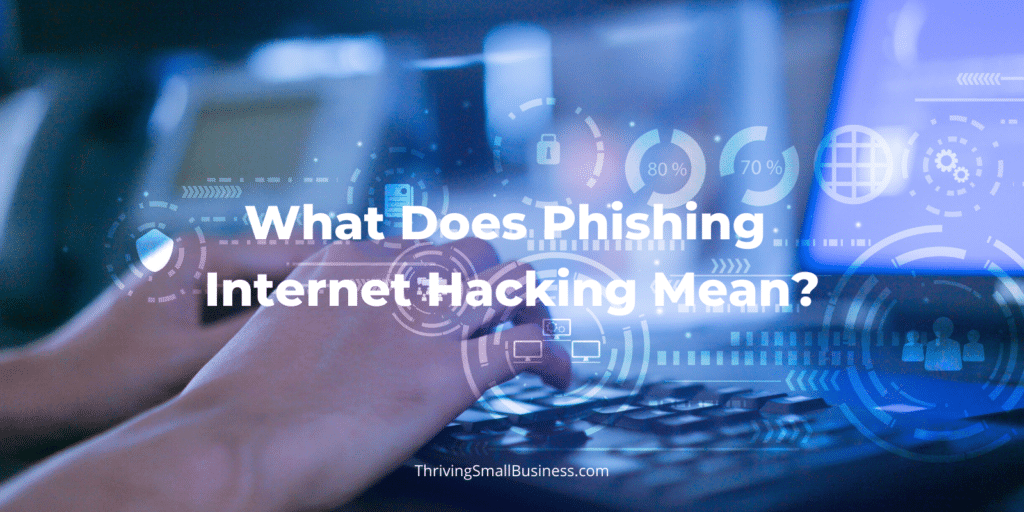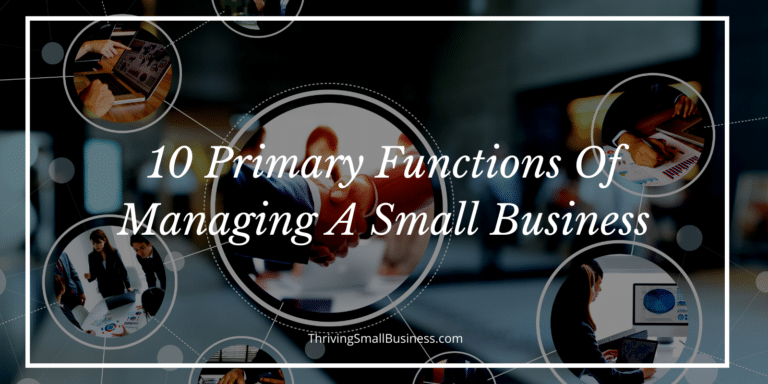What Does Phishing Internet Hacking Mean?
Estimated reading time: 2 minutes
Phishing is a term that is new with the advent of the internet.
According to Wikipedia, Phishing (fishing) is defined as: “In the field of computer security, Phishing is the criminally fraudulent process of attempting to acquire sensitive information such as usernames, passwords, and credit card details by masquerading as a trustworthy entity in an electronic communication. Communications purporting to be from popular social web sites, auction sites, online payment processors, or IT administrators are commonly used to lure the unsuspecting public. Phishing is typically carried out by email or instant messaging, and it often directs users to enter details at a fake website whose look and feel are almost identical to the legitimate one. Phishing is an example of social engineering techniques used to fool users and exploits the poor usability of current web security technologies. Attempts to deal with the growing number of reported phishing incidents include legislation, user training, public awareness, and technical security measures.”
Phishing scams are a growing threat on the internet.
It is usually initiated as an email from what looks like your bank or other online company you do business with.
The scammers are good in that they fool you by making the email look authentic by using the real logo, phone number, and address of the company.

The email will access passwords and account information by asking you to click a link to verify personal information.
Once the link is clicked, the scam is complete, and your personal information has been handed over.
The use of the internet is such a part of our personal lives; we share a lot of personal information on any number of websites.
Because of this, it is easy to get caught off guard and fall for scams like this.
The reality is our online risk is low as long as we do business with credible organizations.
Awareness is the first defense against Phishing.
You should never click on suspicious links, even if it looks authentic.
Phishing emails should just be deleted.
If you receive a suspicious phishing email, you should quickly report it to reportphishing@antiphishing.org or spam@uce.gov.
Be sure to check online accounts and credit reports on a regular basis.
Anti-Phishing software is also available for your protection.
I found a cool video by commoncraft.com that explains in simplicity what Phishing is.






